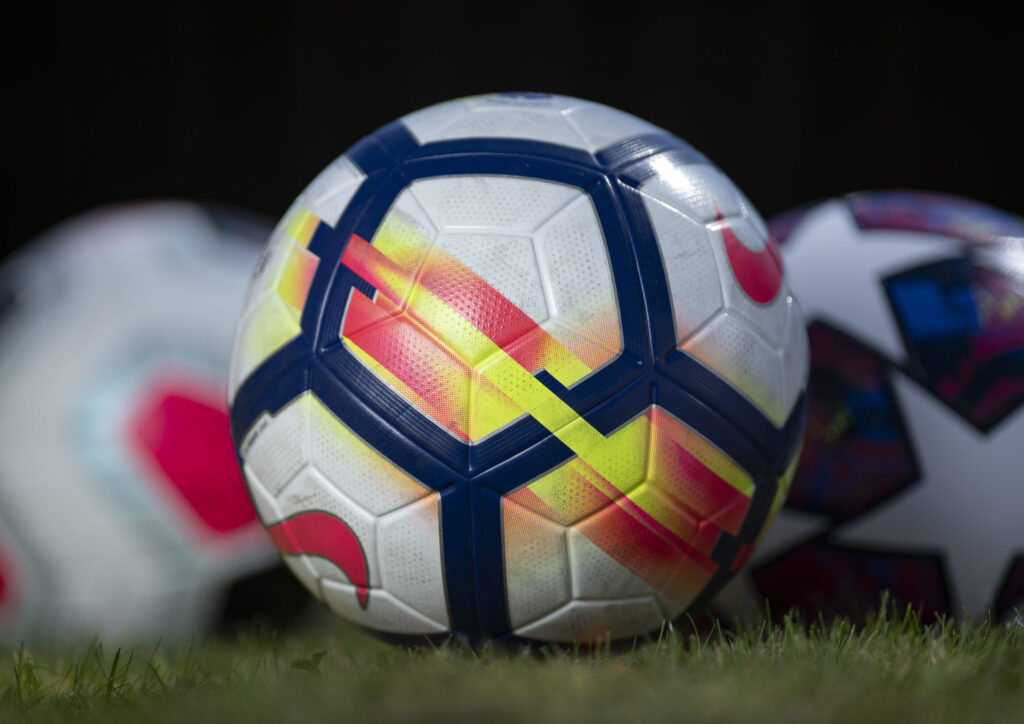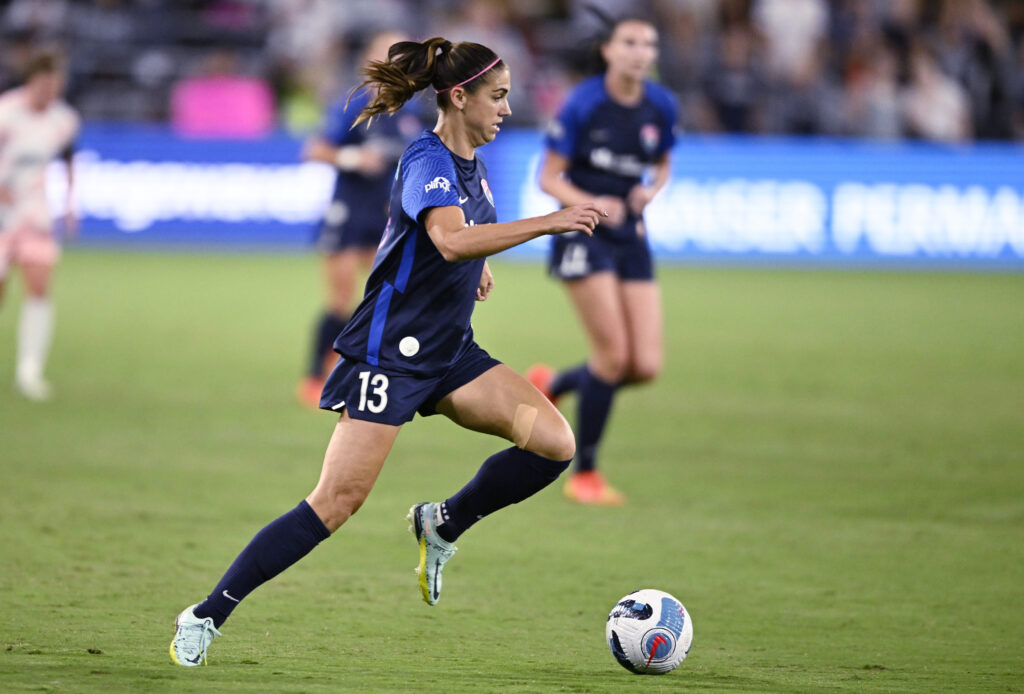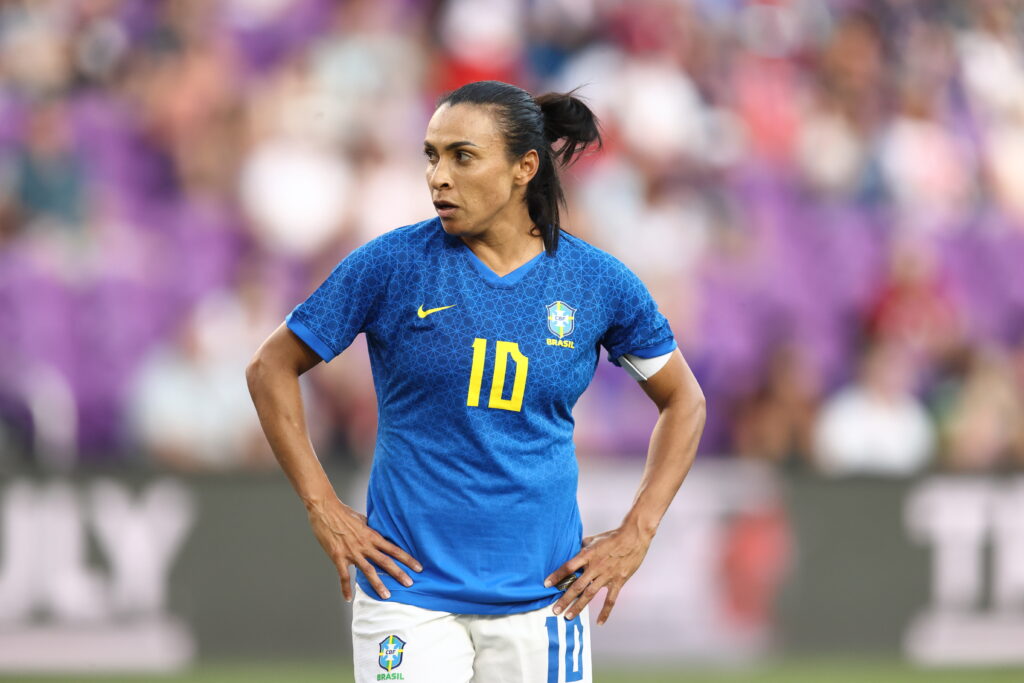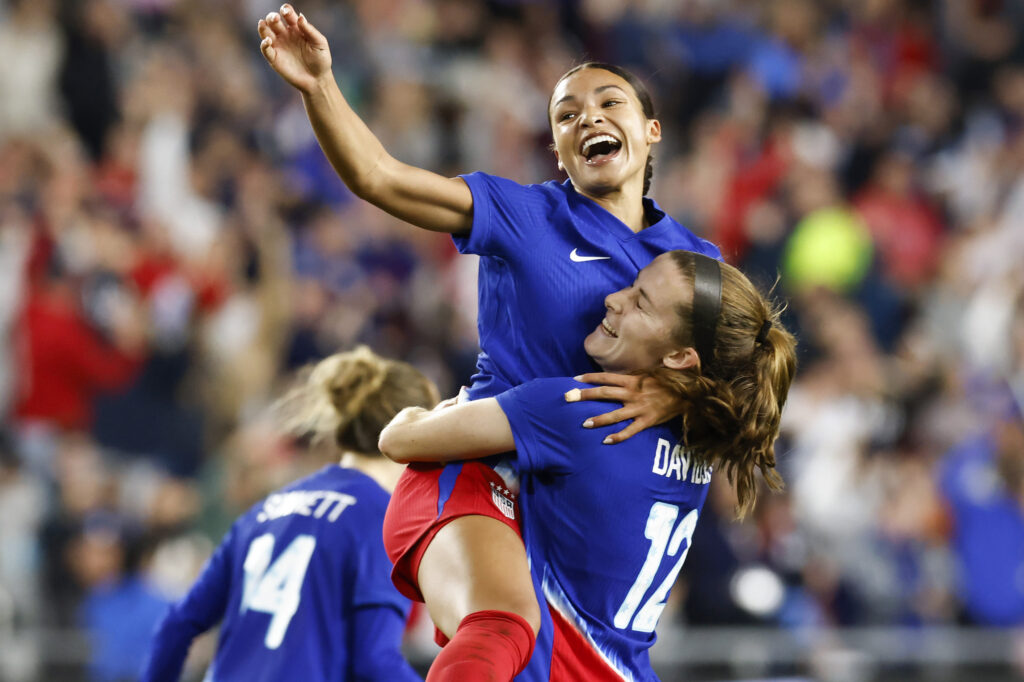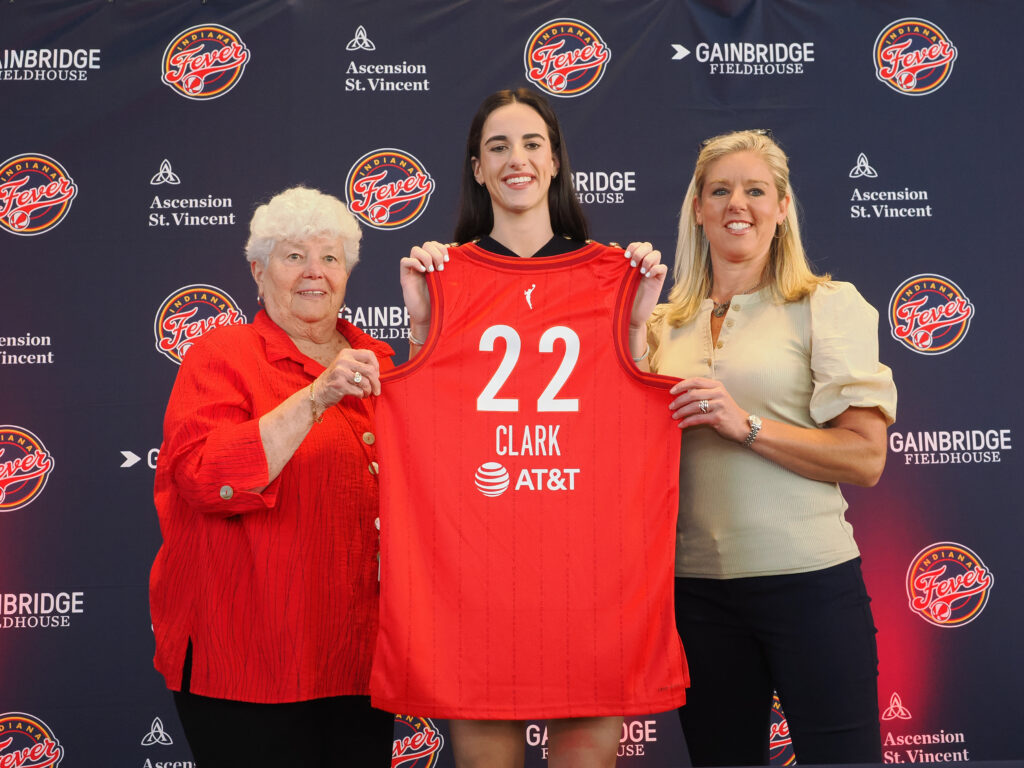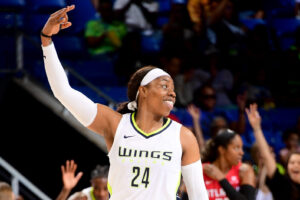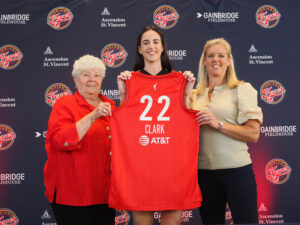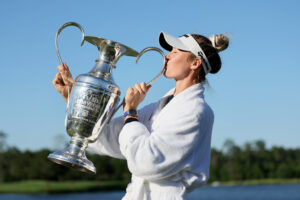Elite youth soccer remains steeped in systemic issues of gender inequity, discrimination and harassment, the Washington Post’s Molly Hensley-Clancy reported Friday.
Women’s professional soccer is in the midst of a reckoning in the aftermath of the Sally Yates report, which exposed deep-seated problems of sexual abuse and harassment in the NWSL.
While the U.S. Soccer-commissioned investigation that culminated with the report focused on the professional level, the report tied the problems it found directly to the youth level.
“Abuse in the NWSL is rooted in a deeper culture in women’s soccer, beginning in youth leagues, that normalizes verbally abusive coaching and blurs boundaries between coaches and players,” the report reads.
That assertion was underlined by the Washington Post’s report Friday. The Post conducted interviews with two dozen current and former coaches at clubs that play in the top-tier Elites Club National League (ECNL), which reported $3.4 million in revenue in 2019 and counts Rory Dames — one of the NWSL coaches at the center of the Yates report — as one of its founders.
“The current youth structures are toxic, and they reproduce their toxicity,” high school soccer coach Nancy Rosas Asare said.
More than 85 percent of coaching directors at ECNL clubs are men, which makes it difficult for women to gain a foothold in the youth coaching ranks. For example, Asare believes her gender kept her from the opportunity to coach for the San Diego Surf youth club in 2015.
“It’s not true there aren’t women coaches,” Asare told the Washington Post. “It’s that the clubs don’t want to hire them, and they don’t want to hire them because they don’t want to change the status quo, because they benefit from it.”
ECNL executives declined interview requests from the Washington Post and declined to provide data about gender diversity at its clubs.
Women coaches reported sexual harassment, such as former Surf coach Karley Nelson, who said her boss made demeaning sexual comments and touched her in ways that made her feel uncomfortable. The coaches reported instances in which they were passed over for jobs and other opportunities.
And they reported other coaches berating the players, which at times crossed into emotional and verbal abuse, the Post reported. While such abuse of players is not limited to men, men hold most of the coaching positions, said Lesle Gallimore, the commissioner of the Girls Academy league, a competitor of ECNL.
“That’s a male problem only because there are more men,” Gallimore said. “There are plenty of negative examples of women who are abusive, too. It’s about what we’re going to tolerate in this space and how we’re going to make it better.”
To create change would require commitment from the leaders of elite youth leagues, youth coach Ifeoma Dieke said. Dieke played for the Scottish women’s national team and left an ECNL club in Florida earlier this year after experiencing sexism from club officials and referees, she told the Washington Post.
“If [women] had a seat at the table, it would be better for the players, but they don’t care about the players. They care about their pockets,” Dieke said. “To even get a seat at the table, that is the impossible thing.”
